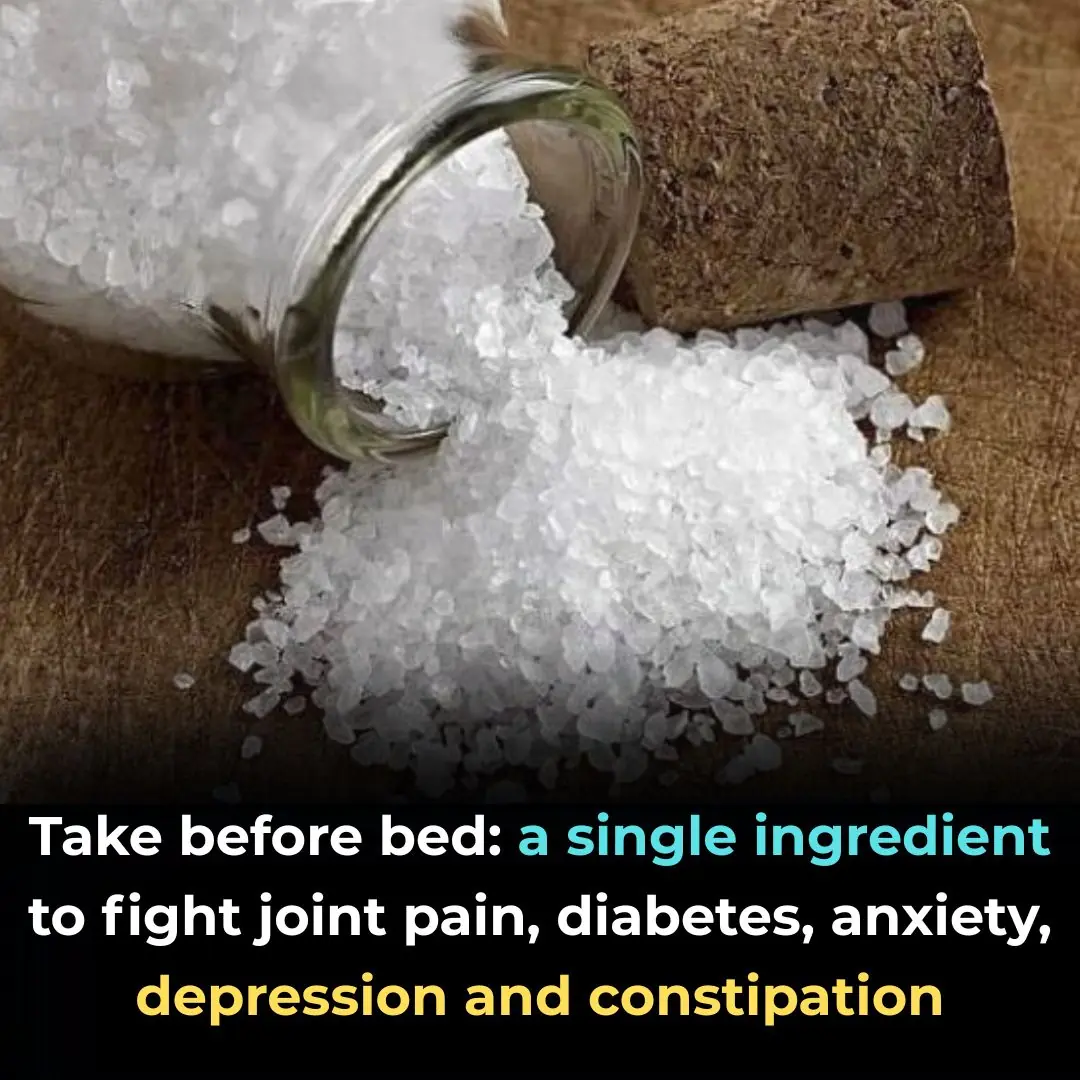
4 Powerful Foods That Naturally Boost Collagen and Repair Your Body from Within
4 Powerful Foods That Naturally Boost Collagen and Repair Your Body from Within
Today, I want to talk about one of the most important yet often overlooked proteins in the human body: collagen. If you’ve ever wished for firm, glowing skin, strong joints, and a body that feels youthful and resilient, understanding collagen is absolutely essential. It’s the silent architect that keeps everything in your body connected, smooth, and flexible — from your skin and tendons to your bones and blood vessels.
In this article, we’ll explore how collagen works, why it starts to decline with age, and — most importantly — how you can naturally boost your collagen production by eating the right foods and adopting smart habits. Forget expensive creams or injections — real rejuvenation starts from within.
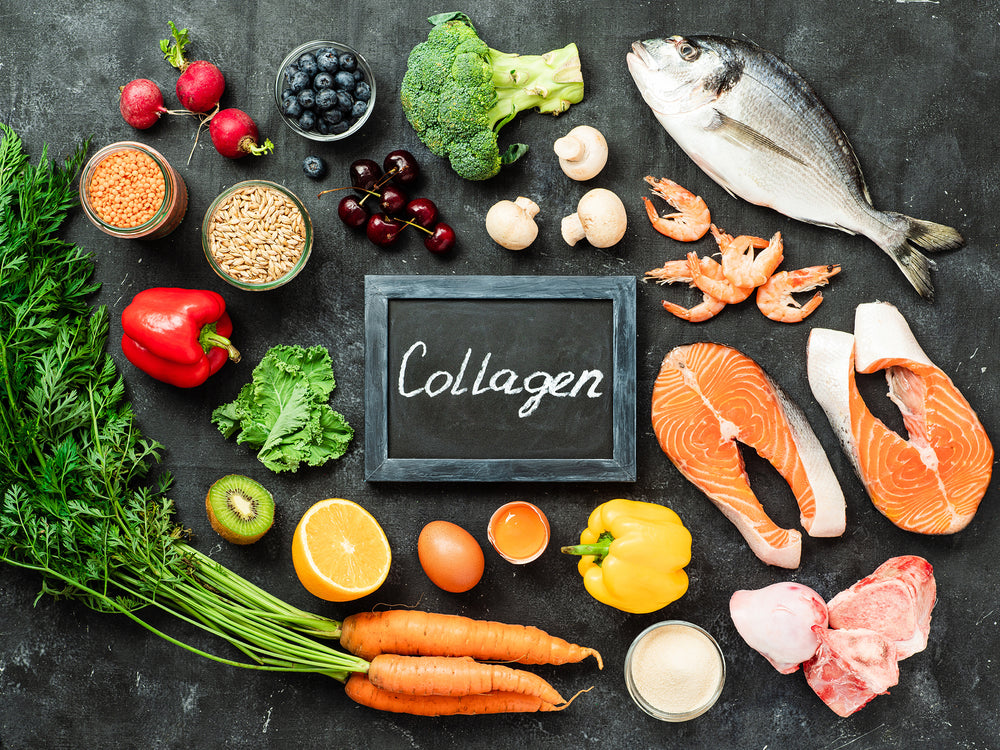
🧬 Key Takeaways
-
Collagen is the body’s most abundant protein, providing structure to your skin, bones, muscles, and joints.
-
Natural collagen production begins to decline around age 25, leading to wrinkles, sagging skin, brittle nails, and joint discomfort.
-
Eating collagen-rich foods doesn’t add collagen directly; instead, your body breaks it down into amino acids and peptides that trigger your own cells to make more collagen.
-
Essential nutrients like vitamin C, sulfur, zinc, and copper help your body build and stabilize new collagen fibers.
-
By consistently consuming the right foods — like bone broth, vitamin C–rich fruits, sulfur-packed greens, and gelatin — you can repair and rebuild your collagen naturally.
1. What Exactly Is Collagen — and Why It Matters
Collagen makes up nearly one-third of your total body protein. Think of it as the framework or scaffolding that gives structure and strength to your tissues. The word “collagen” comes from the Greek kolla, meaning “glue,” and that’s literally what it is — the glue that holds your body together.
When collagen levels drop, your skin begins to lose elasticity, your joints start to ache, and even your hair and nails become weaker. By your 40s and 50s, collagen degradation can outpace new production, leading to visible aging and slower healing.
But collagen isn’t just about appearance — it supports the functionality of your organs, cushions your joints, strengthens blood vessels, and even protects your digestive lining. Every time you move, bend, or smile, collagen is working quietly behind the scenes.
2. How Eating Collagen Really Works (The Science Explained)
A common misconception is that eating collagen directly “adds” collagen to your body. In reality, your digestive system breaks dietary collagen down into smaller fragments — peptides and amino acids such as glycine, proline, and hydroxyproline.
What’s fascinating is that these fragments act as biological messengers. Once absorbed into your bloodstream, they travel to your connective tissues and stimulate special cells called fibroblasts — the ones responsible for making collagen. It’s like flipping a switch that tells your body, “Hey, it’s time to rebuild.”
Additionally, these amino acids serve as the raw materials for that rebuilding process. So, collagen-rich foods don’t just fuel the process — they signal and supply what your body needs to renew itself.
3. Food #1: Power Up with Vitamin C 🍊
If collagen is the structure, vitamin C is the key that allows it to form properly. Without vitamin C, collagen synthesis literally stops. This vitamin acts as a cofactor for enzymes that stabilize collagen fibers and prevent them from breaking down.
A landmark study in the American Journal of Clinical Nutrition found that women who consumed more vitamin C–rich foods had fewer wrinkles and greater skin hydration compared to those with low intake. Beyond that, vitamin C also protects existing collagen from free radical damage caused by pollution, UV rays, and stress.
Top Vitamin C Sources:
-
Strawberries and kiwi
-
Red, yellow, and green bell peppers
-
Broccoli and Brussels sprouts
-
Pineapple and cantaloupe
-
Citrus fruits like oranges and grapefruits
Try to get at least one or two servings of these foods daily — perhaps a smoothie with kiwi and spinach in the morning or roasted peppers with dinner.
4. Food #2: The Ancient Healing Power of Bone Broth 🍲
Bone broth has been used for centuries as a natural elixir for vitality. When you slowly simmer animal bones and connective tissues for hours, the heat breaks down collagen into gelatin and amino acids that dissolve into the broth.
These nutrients are deeply restorative. Studies from Washington State University showed that elderly adults with osteoarthritis who took collagen derived from chicken bones experienced less joint pain and improved mobility.
Homemade bone broth is simple: place leftover chicken or beef bones in a large pot, add water, a splash of apple cider vinegar (to draw out minerals), and simmer for 8–24 hours. The result? A rich, nourishing broth that supports your joints, skin, and even gut health.
For an extra collagen boost, sip a warm cup of bone broth in the morning or use it as the base for soups and stews.
5. Food #3: Go Green with Sulfur-Rich Vegetables 🥦
Sulfur is a critical mineral that helps your body build and cross-link collagen fibers, making them stronger and more resilient. Without sulfur, the triple-helix structure of collagen becomes unstable and breaks down more easily.
Leafy greens and cruciferous vegetables — such as broccoli, kale, spinach, onions, and garlic — are rich in sulfur and other antioxidants that protect collagen from oxidative stress. They’re also packed with vitamin A, which further promotes the growth of new collagen in your skin.
Regularly eating these greens has been linked to fewer wrinkles and better skin elasticity. Try sautéing spinach with garlic, blending kale into a smoothie, or adding broccoli to your dinner bowl.
6. Food #4: Gelatin — The Forgotten Collagen Booster 🍮
Gelatin is essentially cooked collagen, and it’s one of the most efficient ways to give your body the building blocks it needs. Research from Penn State University found that athletes who took gelatin supplements for 24 weeks saw a 37% reduction in joint pain and faster recovery times.
You can add gelatin powder to warm drinks, soups, or even create your own healthy gummies using fruit juice. It’s flavorless and easy to digest, yet provides a steady stream of amino acids like glycine and proline, which support joint health, better sleep, and gut integrity.
🌿 Bonus Tip: Protect the Collagen You Already Have
Building collagen is important — but protecting it is just as crucial. Excess sugar, smoking, and unprotected sun exposure can all accelerate collagen breakdown through a process called glycation, where sugar molecules stiffen and damage collagen fibers.
To defend your collagen:
-
Limit processed sugars and refined carbs
-
Wear sunscreen daily
-
Get plenty of antioxidants from colorful fruits and vegetables
-
Stay hydrated and manage stress, both of which affect collagen integrity
🧘 Conclusion: Feed Your Body, Fortify Your Foundation
Collagen is far more than a beauty trend — it’s the foundation of strength, elasticity, and healing throughout your entire body. By nourishing yourself with vitamin C–rich fruits, sulfur-packed greens, bone broth, and gelatin, you give your body the tools to rebuild, repair, and rejuvenate naturally.
Aging gracefully isn’t about fighting time — it’s about working with your biology. Support your collagen today, and your skin, joints, and overall vitality will thank you for decades to come.
News in the same category


The Ultimate Healing Tonic: A Powerful Natural Drink for Swollen Feet, Diabetes & Poor Circulation

If you suffer from arthritis pain and joint aches, here's what you should know
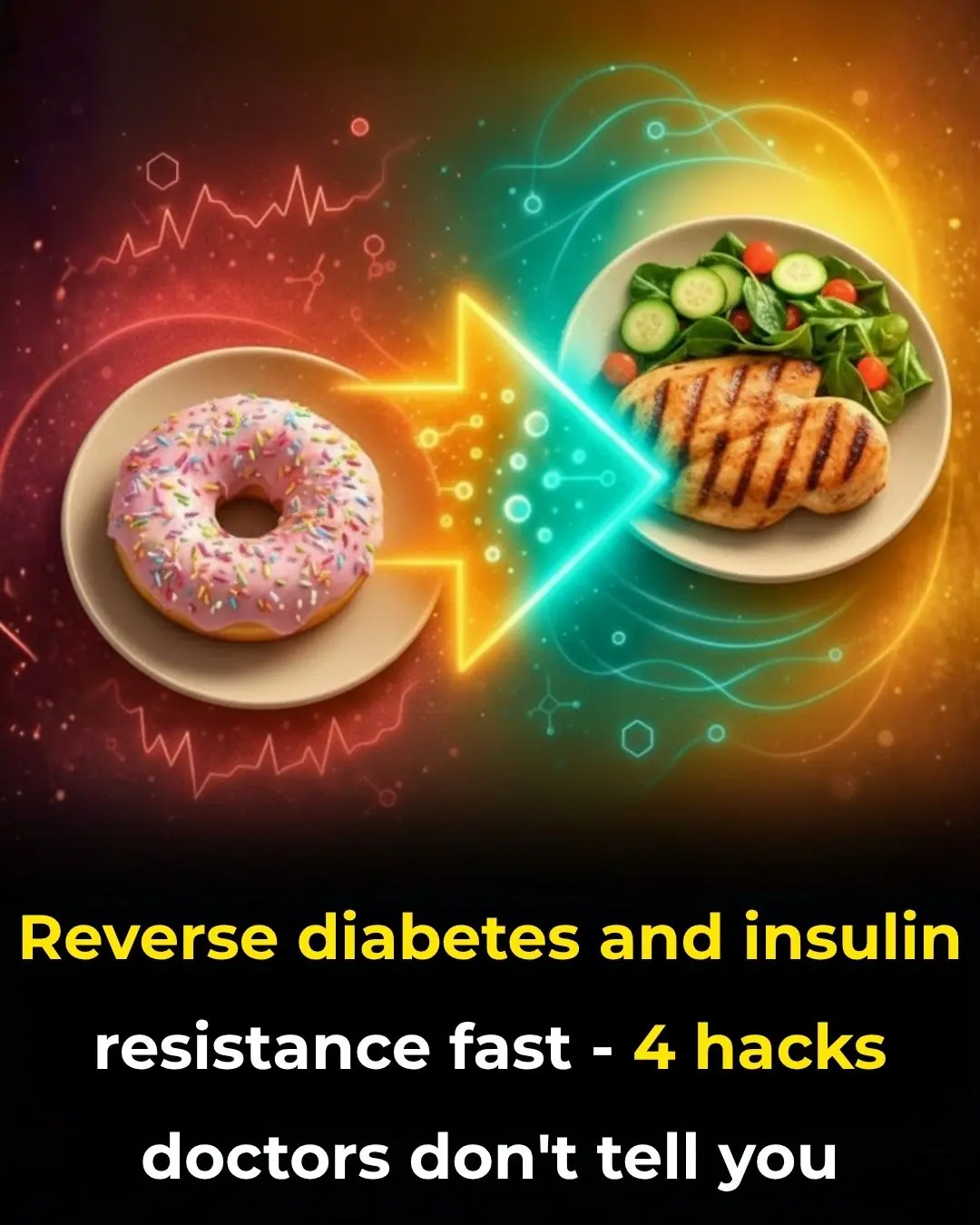
Reverse diabetes and insulin resistance fast—4 hacks doctors don’t tell you!

4 powerful remedies to eliminate parasites—#2 will surprise you!

Top 7 peripheral neuropathy creams that actually STOP nerve pain fast!
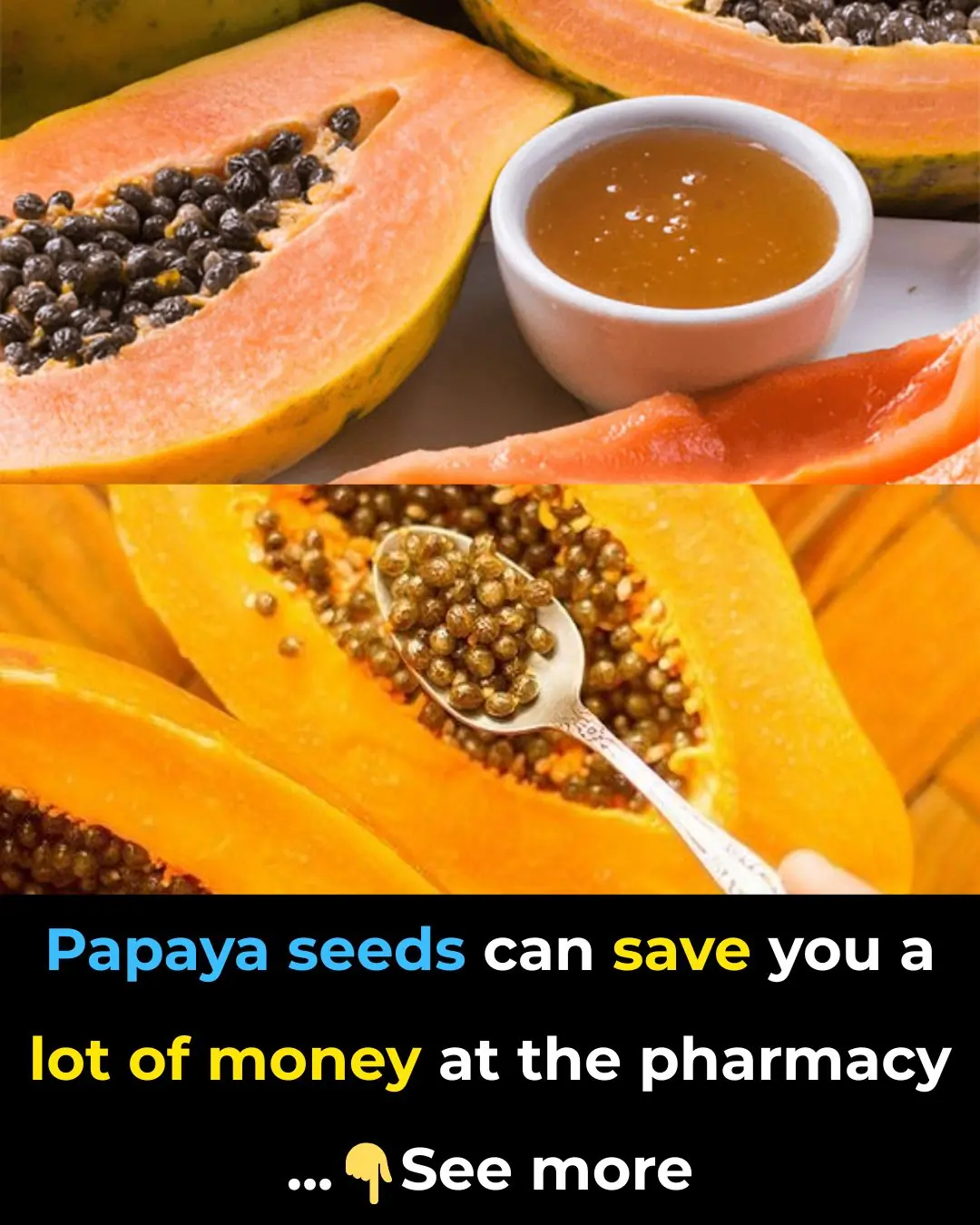
The Real Health Benefits of Papaya Seeds: A Tiny Powerhouse Worth Trying

15 Things That Women Will Always Notice About A Man Over 50

Marathon Runner Diagnosed With Terminal Cancer Warns Against Ignoring Small Symptoms
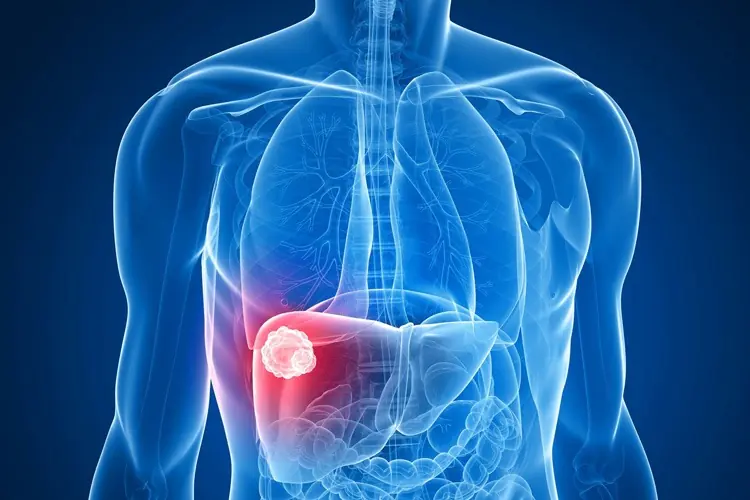
PANCREATIC CANCER NEEDS CATCHING EARLY. THE SIGNS AND SYMPTOMS TO LOOK OUT FOR
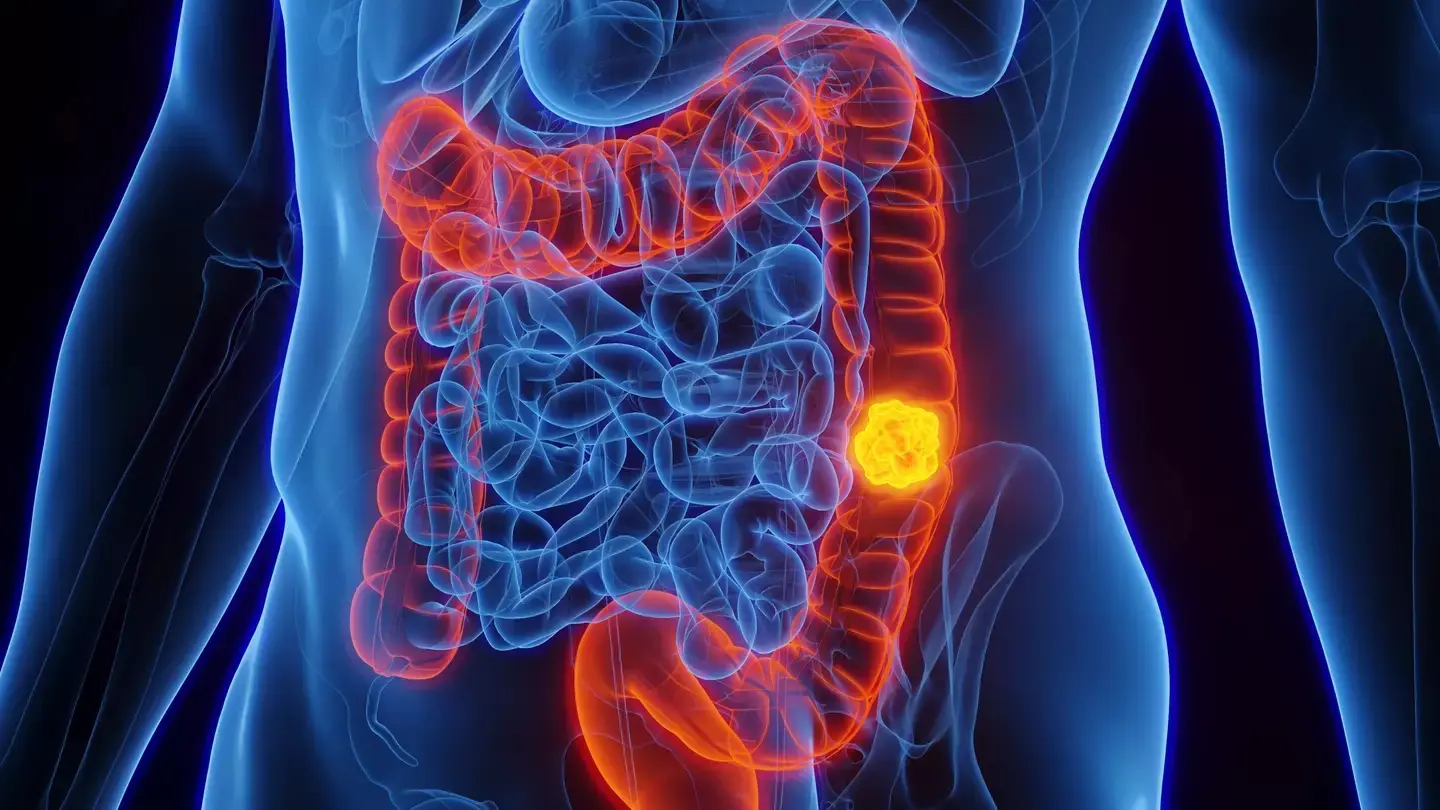
Woman diagnosed with stage four colon cancer warns people about 5 symptoms she ignored
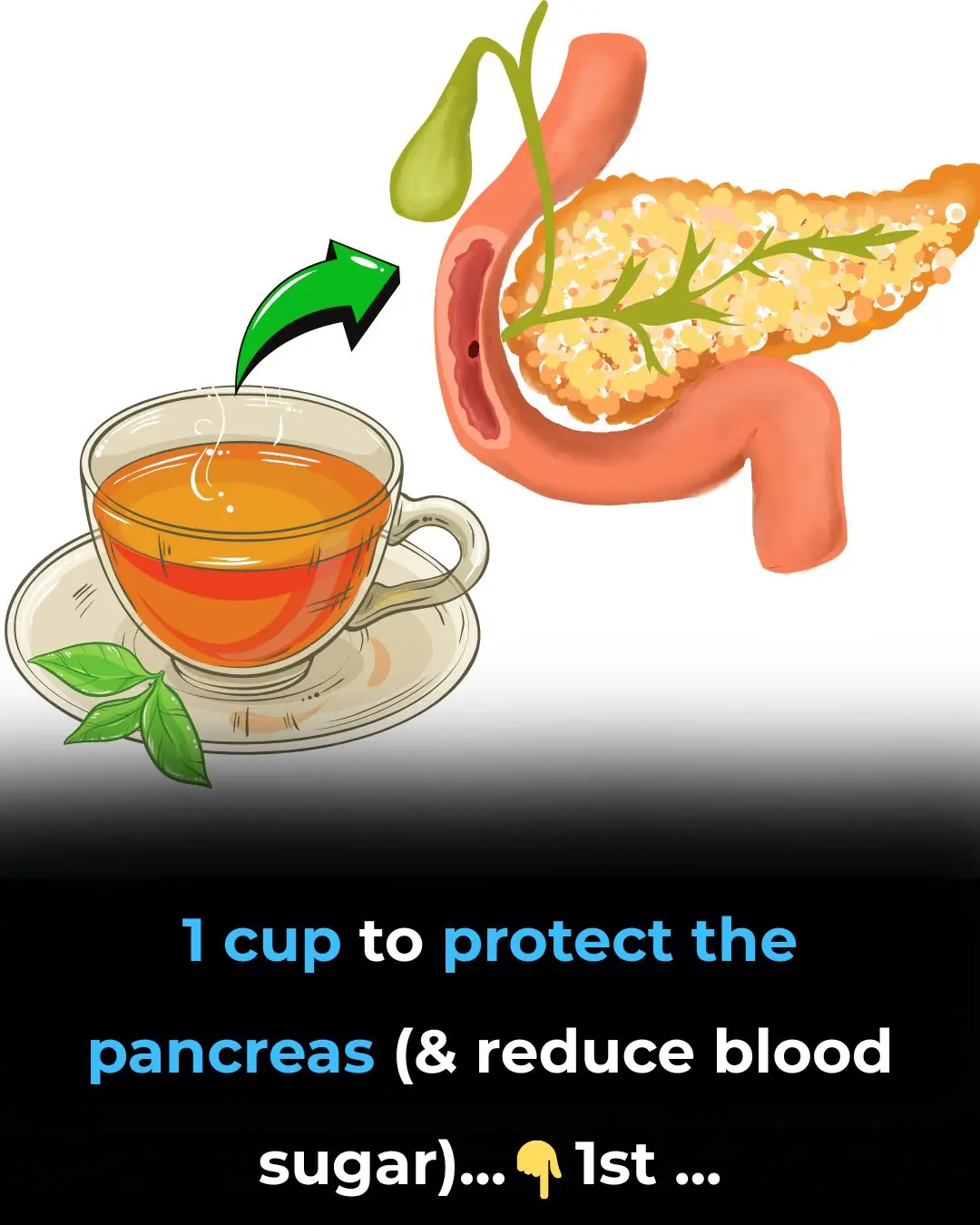
1 cup to protect the pancreas (and reduce blood sugar)

Eliminate Excess Water and Prevent Hand and Foot Swelling with These Effective Recipes

MARATHON RUNNER DIAGNOSED WITH TERMINAL CANCER URGES PEOPLE NOT TO DISMISS SMALL SYMPTOM HE EXPERIENCED

Ugh, these so annoying
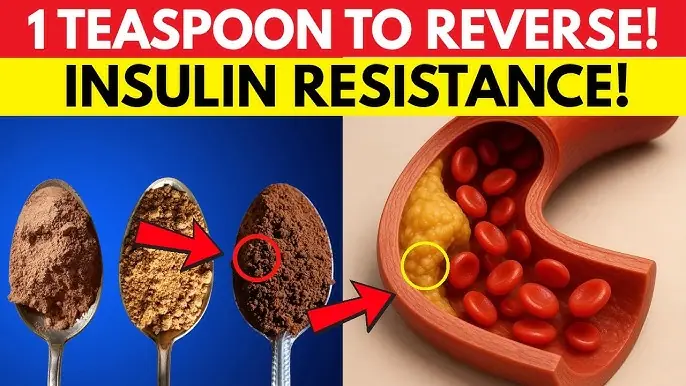
1 Teaspoon in Your Morning Coffee Could Stop Insulin Resistance Within Minutes

7 silent signs your heart could be in trouble – don’t ignore these!

Thyme Essential Oil Shows Promise in Killing Lung, Oral, and Ovarian Cancer Cells

7 Warning Signs of a Heart Attack You Should Never Ignore
News Post

Rock Star’s Family Devastated As Common Symptom Leads To ER Visit And Aggressive Cancer Diagnosis

Tammy Slaton Shocks Fans With Stunning Weight Loss Photos—Inside Her Transformation

Doctors Feared Baby Had a Mouth Tumor—But the Real Cause Left Everyone Stunned

31-Year-Old Father Warns Others After Subtle Symptoms Lead to Colon Cancer Diagnosis

35-Year-Old Man Dubbed the “Modern Dorian Gray” Reveals His Unusual Secrets for Staying Youthful

7-Eleven Manager Allegedly Suffocates Employee During Shift—Victim Dies Days Later

Take This Before Bed — and Wake Up Transformed

The Ultimate Healing Tonic: A Powerful Natural Drink for Swollen Feet, Diabetes & Poor Circulation

Stop This Dangerous Habit Before Your Phone Explodes!

Women Who Age Quickly & Have Shorter Lifespans Often Do These 4 Things at Night — How Many Are You Guilty Of?

Eating Fish “for Ultimate Strength” — 30-Year-Old Woman Diagnosed with Premature Ovarian Failure, Body Full of Mercury

42-Year-Old Man Dies of Stroke Despite No Smoking or Alcohol — Doctor Warns: “How Dare You Eat This Every Day!”

“Doctor warns: 3 beauty habits you might think are harmless — but that could speed up cancer development!”

Boil Perilla Leaves with a Few Stalks of Lemongrass — Your Body Gets These 7 Excellent Benefits

Everyone Fears Diabetes — But Diabetes “Fears” These 5 Foods the Most

Objects That May Be Harming Your Health Without You Noticing

Drinking Plantain Leaf Tea: 5 Powerful Health Benefits for Your Body
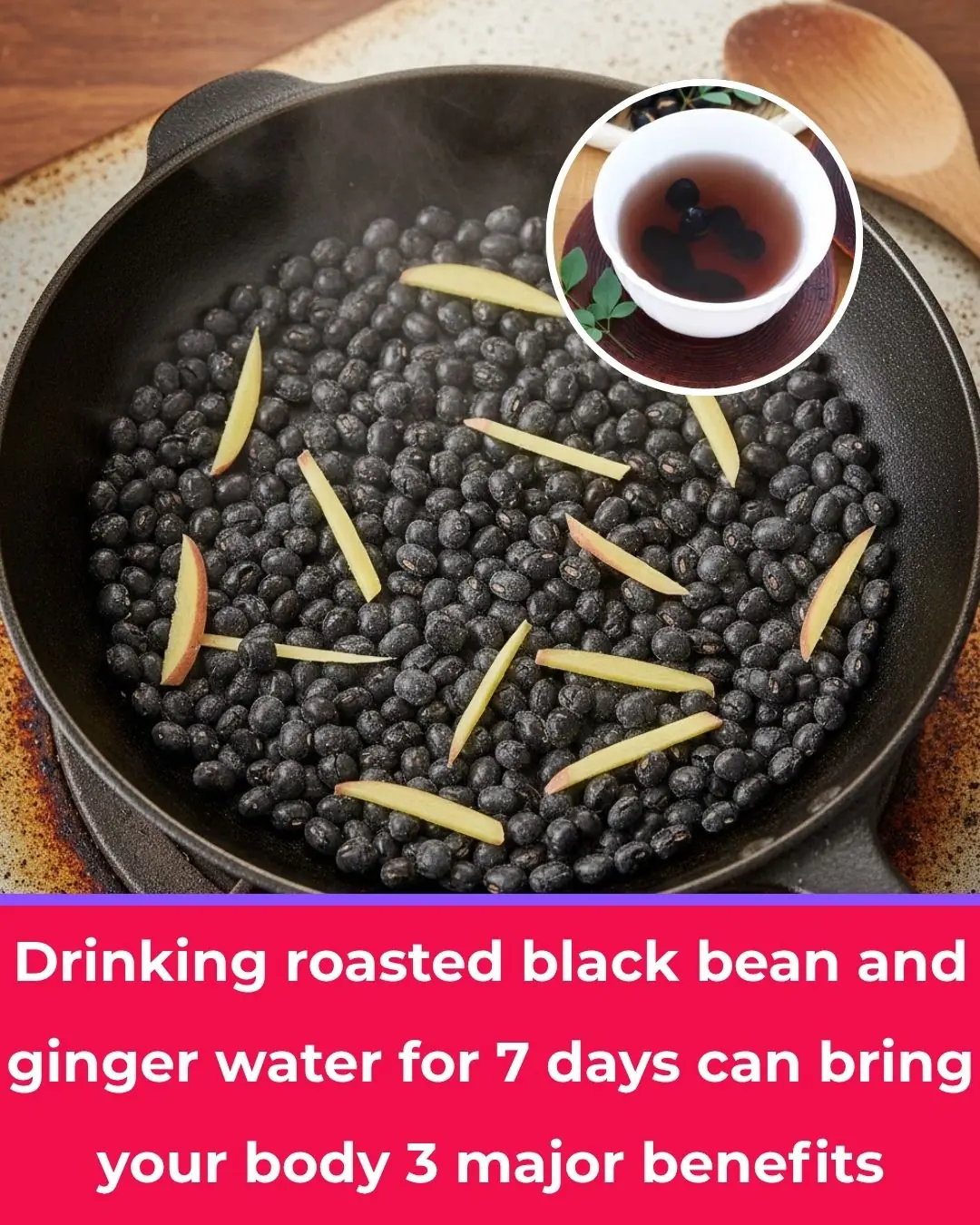
Drink Roasted Black Bean and Ginger Tea for 7 Days — Your Body Will Thank You with 3 Amazing Benefits

Garlic: The Natural Weapon Against Pests You Probably Forgot About
